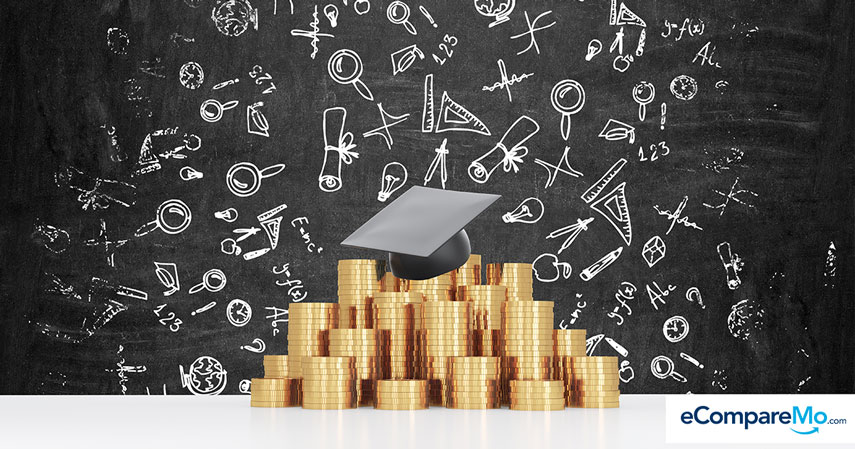4 Basic Financial Education Lessons We Don’t Learn In School
2 min readEveryone has to be smart in handling their finances. However, financial literacy just isn’t something that we learn in school.
With this, you’re left to your own devices in managing your income and expenses as you tread the path toward adulting.

It’s never too late to achieve financial literacy, though. Here are valuable basic financial education lessons you can further study on your own, which can help you in your journey towards financial freedom.
1. Budgeting and tracking expenses
As soon as you start earning your own money, it’s important to keep track of your expenses. Take into account your needs and wants and stick to your main responsibilities such as paying bills, starting (no matter how small) on savings, and budgeting what’s left of your paycheck.
Monitor your payslip. Know the basics of calculating your taxes and understand how money can work for you.
Take time to figure out a way to earn more income. You can leverage on the skills and hobbies that you have, and find a way to earn extra money from it.
2. Know the difference between an asset and a liability
In the simplest terms, an asset is anything that gives you money, and a liability is anything that takes away your money. But this basic knowledge still confuses a lot of people.
For instance, taking out a home or car loan will more likely become a liability for people who were not able to calculate their income and finances prior to their application.
Entrepreneurs know this through years of experience. It’s all about taking calculated risks.
Knowing how to grow your money early on will empower you. Learn the many ways you can make money work to your advantage, and limit any form of liabilities.
3. Know the difference between good debt and bad debt
Having solid financial education entails understanding debt. Through this, you will be a discerning borrower and build credibility over time. Use bank money to invest in something brings in profit.
The perfect example of bad debt is mismanagement of a credit card. When you use borrowed money for liabilities such as buying items you can’t afford, it can lead you to a cycle of debt. Only spend within your means.
According to Robert Kiyosaki, author of the best-selling Rich Dad, Poor Dad: “This method of using bad debt to attain things that generally lose value over time keeps most people financially enslaved to debt for most of their lives. And when they do finally decide to get off the drug of bad debt, they often spend years working harder and harder to pay it off. It’s a lot of lost time and opportunity.â€
4. Learn from the right people
Building a network of financially savvy individuals is crucial to your financial literacy. Learn from their experiences, ask more information about their business and work, and you’re well on your way to becoming more confident about your knowledge of money.
The quality of people around you will help build your financial knowledge and confidence. When you’re not confident, you will easily fall for wrong investments and bad debt.
In his article, “The Poverty of American Financial Education,†Kiyosaki sums it up perfectly: “The rich don’t follow the crowds. They set the trends and are gone by the time the trends become mainstream. What’s their secret? They think for themselves about money and make their own financial decisions because they have a high financial intelligence.â€
